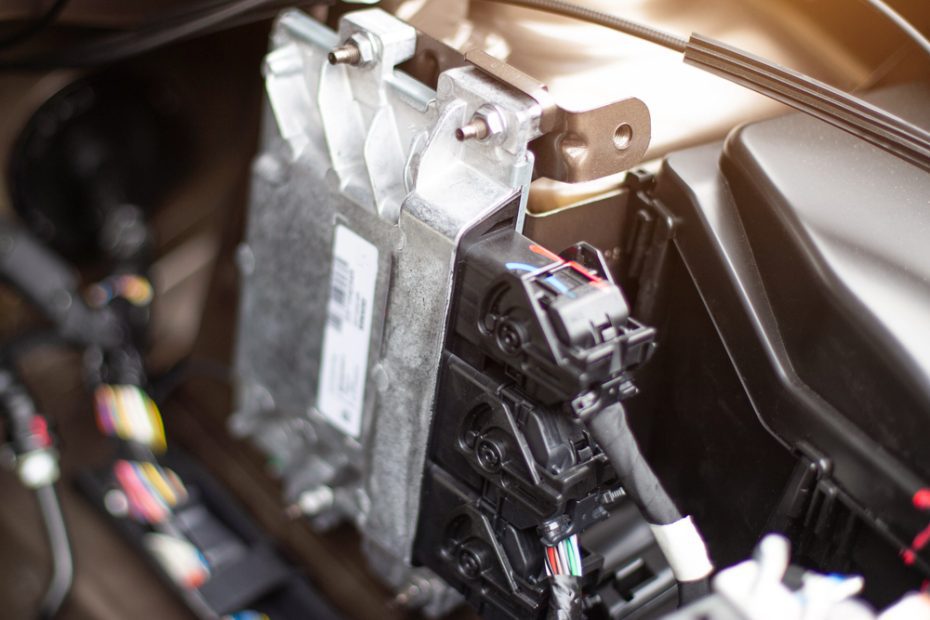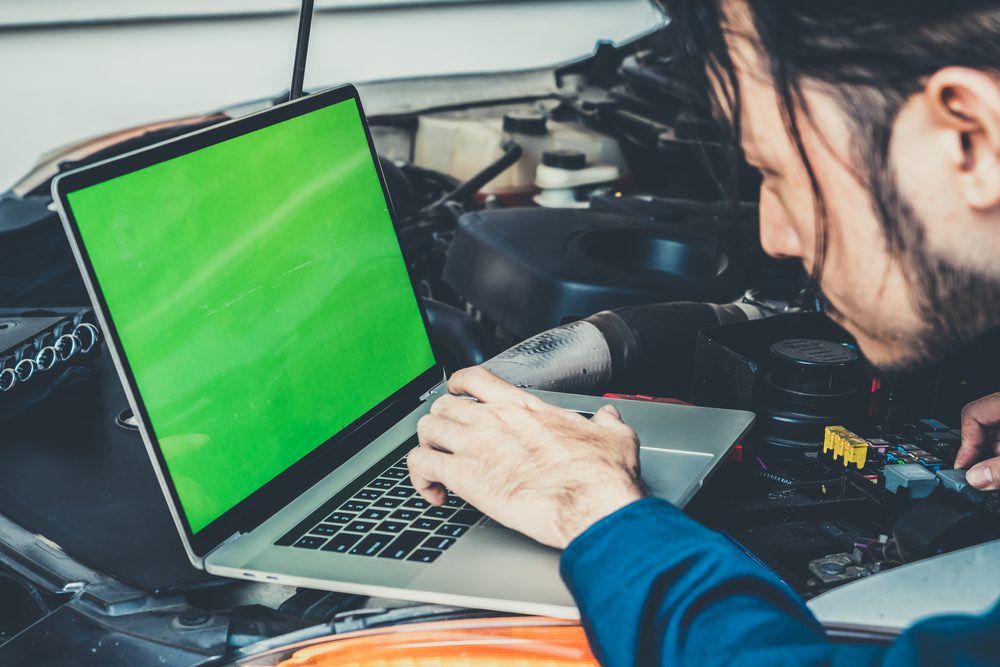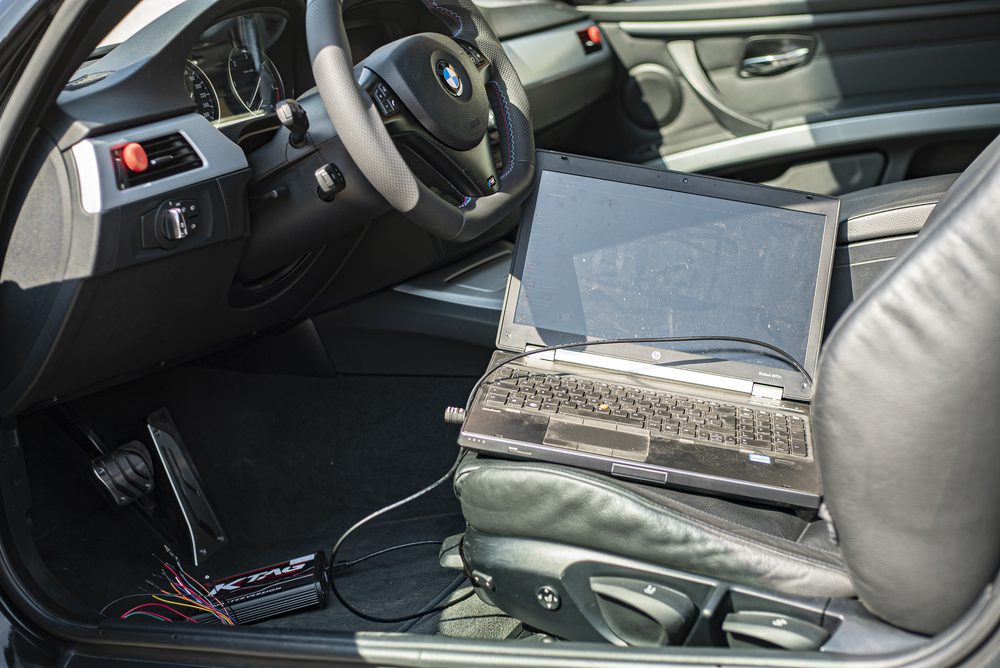Does car ECU learn?
The Engine Control Unit (ECU) or Electronic Control Unit is a crucial component of modern vehicles. It is responsible for controlling various aspects of the engine’s performance, such as fuel injection, ignition timing, and emissions. One question that frequently arises among car enthusiasts and owners is whether the car’s ECU can “learn” and adapt to driving habits or modifications. In this article, we will explore the concept of ECU learning and shed light on its capabilities.
Understanding ECU Learning
The concept of ECU learning refers to the ability of the engine control unit to adapt and adjust its parameters based on the data it collects from various sensors present in the vehicle. These sensors monitor factors such as engine speed, throttle position, air intake temperature, oxygen levels in exhaust gases, and many more.
ECU learning allows the system to optimize the engine’s performance by making real-time adjustments to achieve the most efficient combustion process. Essentially, it helps the ECU find the right balance between power, fuel economy, and emissions based on the driver’s behavior and external conditions.
Adaptive Fuel Systems
One of the areas where ECU learning plays a significant role is in adaptive fuel systems. These systems evaluate the type of fuel being used, its quality, and adjust the air-fuel mixture accordingly to ensure optimal combustion. Modern ECUs can detect changes in fuel quality and adjust fuel trims to maintain engine performance and efficiency.
An example of this adaptation is seen when switching from regular fuel to ethanol-based fuels, such as E85. The ECU will recognize the change and modify fuel injection timings and other relevant parameters to accommodate the different fuel properties. This ability to learn and adapt helps prevent issues such as engine knock and ensure smooth operation.
ECU Learning and Driving Habits
Another aspect of ECU learning is its ability to adapt to individual driving habits. It analyzes factors such as throttle input, acceleration patterns, and load conditions to optimize the engine’s response. For instance, if a driver frequently accelerates aggressively, the ECU may adjust the air-fuel mixture and ignition timing to provide the desired power output.
This adaptability can lead to improved fuel efficiency when the driver maintains a more relaxed driving style. The ECU will recognize these patterns and make adjustments accordingly, resulting in a more optimal fuel consumption rate.
Modifications and ECU Learning
Car enthusiasts often wonder if modifications to their vehicle, such as aftermarket exhaust systems, intakes, or engine tuning, affect the ECU’s learning capabilities. In most cases, modifications that alter the engine’s performance parameters may require the ECU to be reprogrammed or remapped to account for the changes.
When modifications are made, the ECU may need recalibration to ensure peak performance and reliability. This involves adjusting parameters such as fuel maps, ignition timing, and airflow calculations to match the new components or changes made to the vehicle.
“It is essential to consult professionals or experienced tuners when making significant modifications to your vehicle. They can provide the necessary expertise to recalibrate the ECU and optimize its learning capabilities.”
Limitations of ECU Learning
While the ECU’s learning capabilities are impressive, it is important to note that there are limitations to what it can achieve. For example, ECUs have certain adaptive ranges within which they can operate, and they cannot compensate for severe mechanical issues or malfunctioning sensors.
If a component within the engine system fails or malfunctions, the ECU may not be able to resolve the issue entirely through learning alone. In such cases, diagnostic tools are essential for detecting and resolving problems that go beyond the ECU’s adaptive capabilities.
In Conclusion
The car’s ECU is indeed capable of learning and adapting to various factors that impact engine performance. From adjusting fuel trims based on fuel quality to optimizing response to driving habits, the ECU plays a vital role in enhancing both efficiency and power.
However, it is important to understand the limitations of ECU learning and seek professional assistance when making significant modifications. By working with experts who can recalibrate the ECU to match modifications and diagnose mechanical issues, you can ensure your vehicle operates at its full potential.



